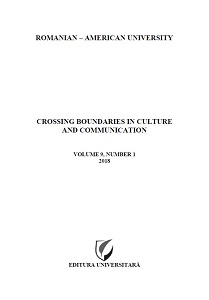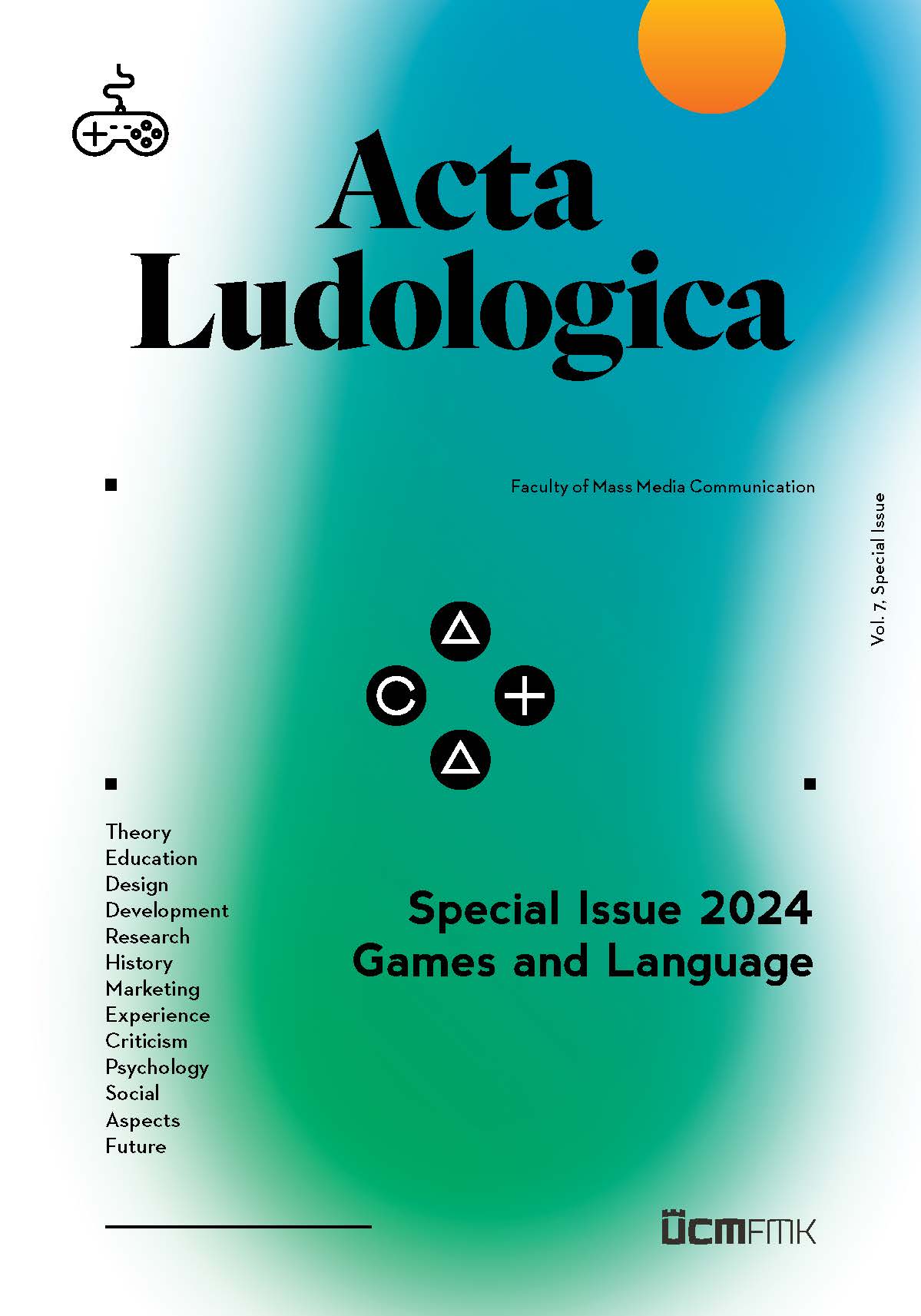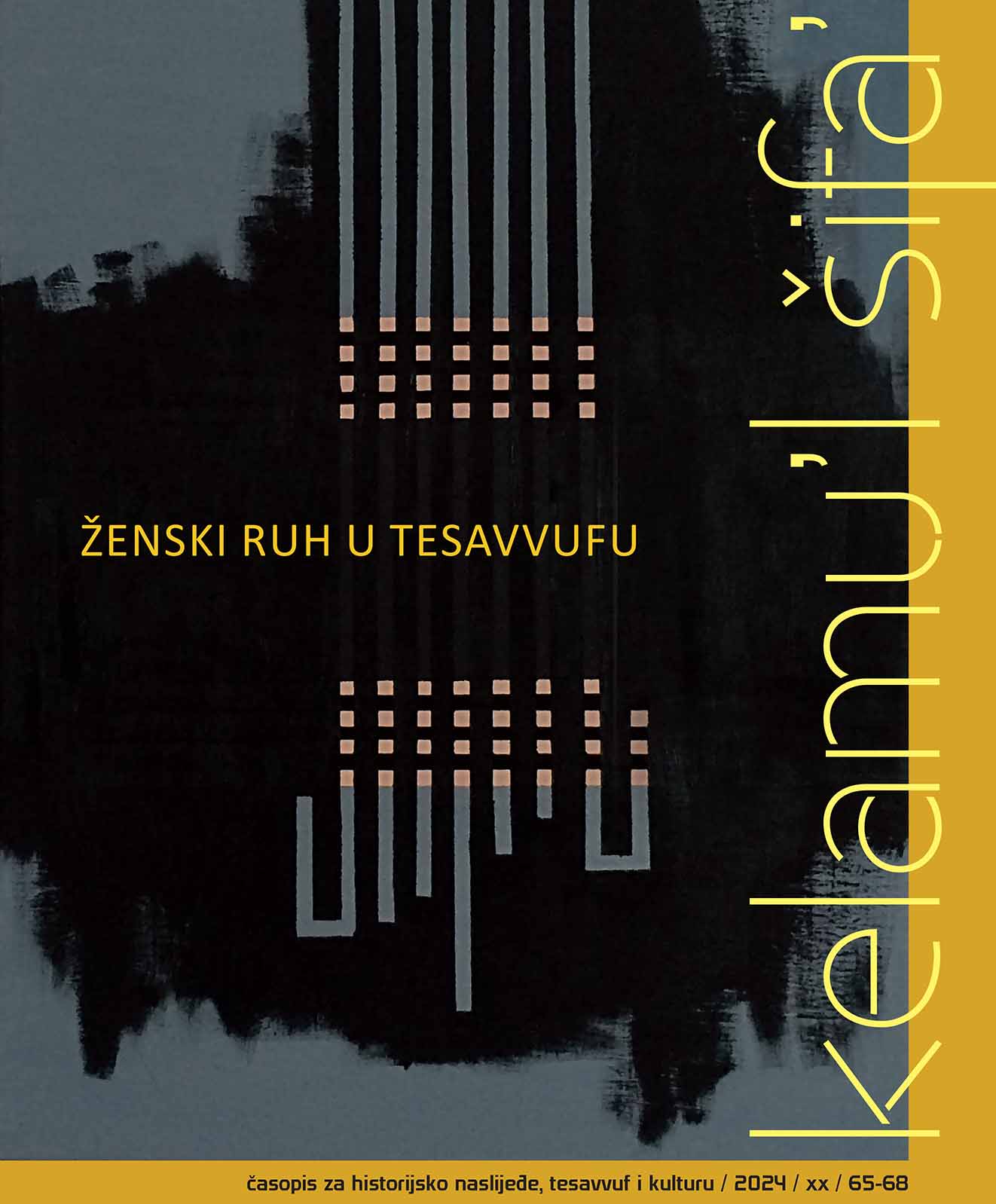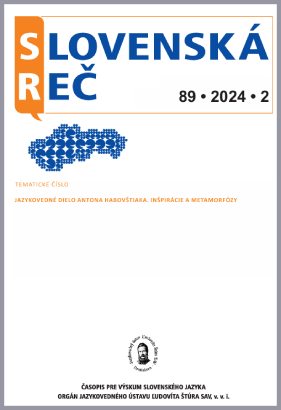
Aspecte ale enunţării poetice
In recent years, the links established between literature and linguistics create the prerequisites for the pragmatic reception of the postmodern texts of poetry. In the present study, we propose to present the aspects of the poetic enunciation that are influenced by the innovations in the postmodern Romanian poetry. In the research, we will take into account the specific elements of the phenomenon with a special impact in the analysis of the postmodern poetic discourse: deixis, anaphora, speech acts. The declarative and communicative strategies have fostered an interdisciplinary understanding of the postmodern poetic text.
More...




